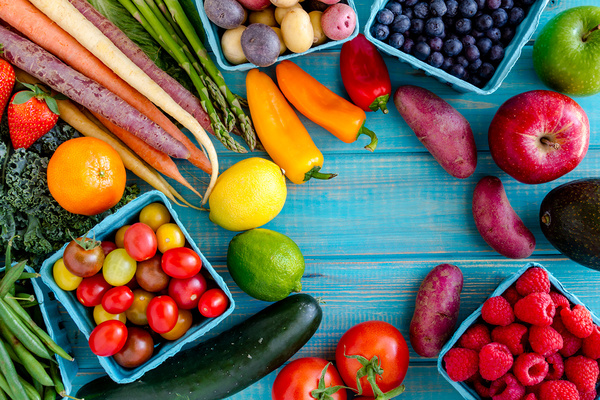
By Hollie Harris
With so many different diets going around these days (many which disguise themselves not as diets but lifestyle) it’s no surprise we are all confused.
Sugar is blacklisted, but eggs are back. Coconut oil was the elixir of youth, but now it’s off the list too. Our bodies need fat but the right fat. It seems that nutrition experts are always changing the rules.
Here is the latest – sugar.
Loading up on added sugar – sweetener that doesn’t occur naturally in food – is a major don’t.
As the experts point out, we need glucose to fuel everyday living, but not sucrose, which is the fructose and glucose found in added sugars. The body metabolises all added sugars the same way, causing insulin – the hormone that says “store fat!“ – to shoot up without the stabilising effects of the fibre, protein and nutrients provided in natural foods.
The American Heart Association suggests that women get no more than 24 grams of added sugar daily. Men should aim for less than 36 grams. To put that in perspective, one 12-ounce can of Coke has 39 grams of sugar, which is more than 150 percent of a woman’s daily recommended amount.
Fruit versus fruit juice
When you eat a medium banana, you’re ingesting about 14 grams of sugar in the form of fructose. That sugar is wrapped in fibrous material that slows down digestion. On the other hand, an eight-ounce glass of apple juice contains no fibre and up to 39 grams of sugar. The liver is the only organ that can process fructose, so too much can overload your system and result in insulin-resistant, or Type 2, diabetes.
Fruit juice in small amounts most likely won’t be a problem for a healthy, lean individual, but juices have just as many calories and sugar – and sometimes more – as sweetened sodas. Stick to getting your juice from the whole fruit instead.
Fat
Our bodies need fat, but where we get it is important. Omega-6 fats, the kind found in processed foods, should be limited. Most vegetable oils, including soybean, corn and safflower, are high in these fats and should be avoided.
“A diet high in omega-6 fats will likely be lower in omega-3 fats,“ Schultz said.
“(Omega-6 fats) may increase inflammation and the incidence of disease. Ideally you should aim for an anti-inflammatory diet with a higher ratio of omega-3 to omega-6. A few examples of omega-3-rich foods include flax seed, chia seed, walnuts and wild-caught fatty fish.“
Processed versus unprocessed
Almost all food is processed in some way, but what this term refers to is chemically processed food.
“Many processed foods are devoid of fibre, so the added sugar they contain causes blood sugar levels to soar,“ Devries explained.
Eggs
The cholesterol in your food is not a main influence on the cholesterol levels in your body, so don’t worry about eating those egg yolks for breakfast.
Red meat
An offending culprit in red meat is L-carnitine, according to a study by half a dozen US medical centres and published in Nature Medicine. When the body ingests red meat, it provides certain gut bacteria with the resources to make trimethylamine-N-oxide (TMAO).
Researchers found that TMAO could accelerate atherosclerosis, or the buildup of plaque in your arteries.
Stick to grass-fed, sometimes organic, local protein at a reasonable price while supporting good quality farming practice if you can.






